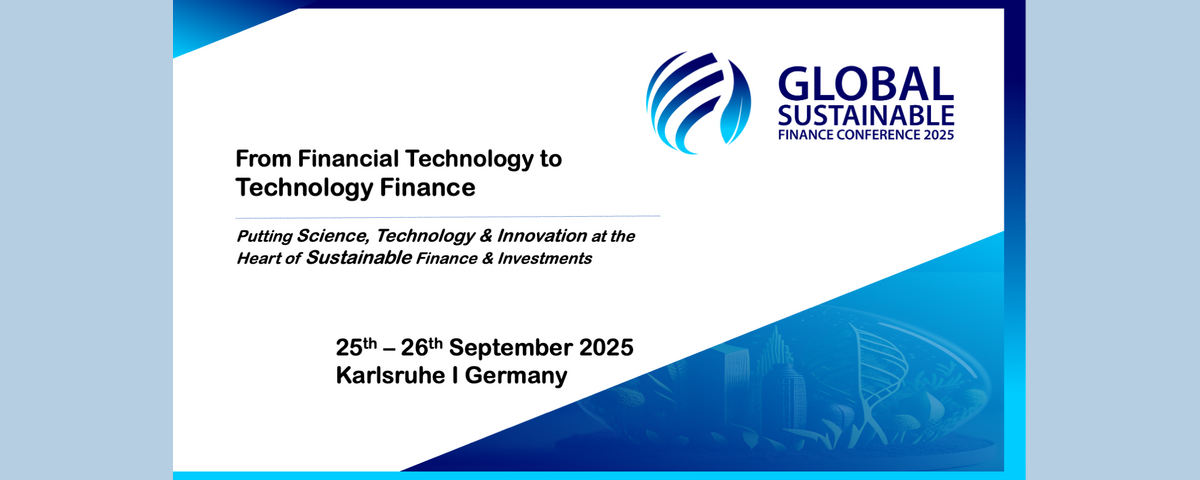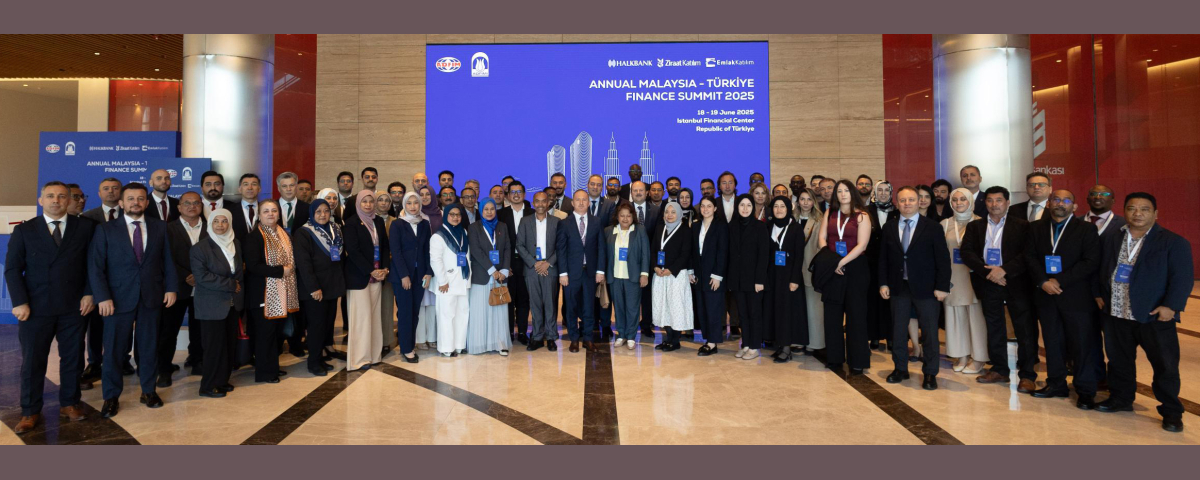How Does the Global Economic Environment Influence the Demand for IMF Resources?
IMF Staff Papers Vol. 55, No. 4: How Does the Global Economic Environment Influence the Demand for IMF Resources?
Author/Editor: Elekdağ, Selim
Summary: The main objective of this paper is to quantify the relationship between the global economic environment and Stand-By Arrangements (SBAs) with the IMF. The results suggest that oil prices, world interest rates, and the global business cycle are the most influential indicators that affect the number of SBAs being requested. In addition, the empirical model seems to have reasonable accuracy when predicting SBAs. Furthermore, when oil prices, interest rates, and the global business cycle are adversely shocked by one standard deviation, the conditional probability of an SBA nearly doubles, implying an increase from about 6 to 12 SBAs. More critically, the model suggests that even a steady deterioration of the global economic climate would imply increasingly harsher conditions for developing and emerging market countries, which may in turn increase the demand for IMF resources significantly.
Full Text
Author/Editor: Elekdağ, Selim
Summary: The main objective of this paper is to quantify the relationship between the global economic environment and Stand-By Arrangements (SBAs) with the IMF. The results suggest that oil prices, world interest rates, and the global business cycle are the most influential indicators that affect the number of SBAs being requested. In addition, the empirical model seems to have reasonable accuracy when predicting SBAs. Furthermore, when oil prices, interest rates, and the global business cycle are adversely shocked by one standard deviation, the conditional probability of an SBA nearly doubles, implying an increase from about 6 to 12 SBAs. More critically, the model suggests that even a steady deterioration of the global economic climate would imply increasingly harsher conditions for developing and emerging market countries, which may in turn increase the demand for IMF resources significantly.
Full Text


.jpg?id=4_638)



